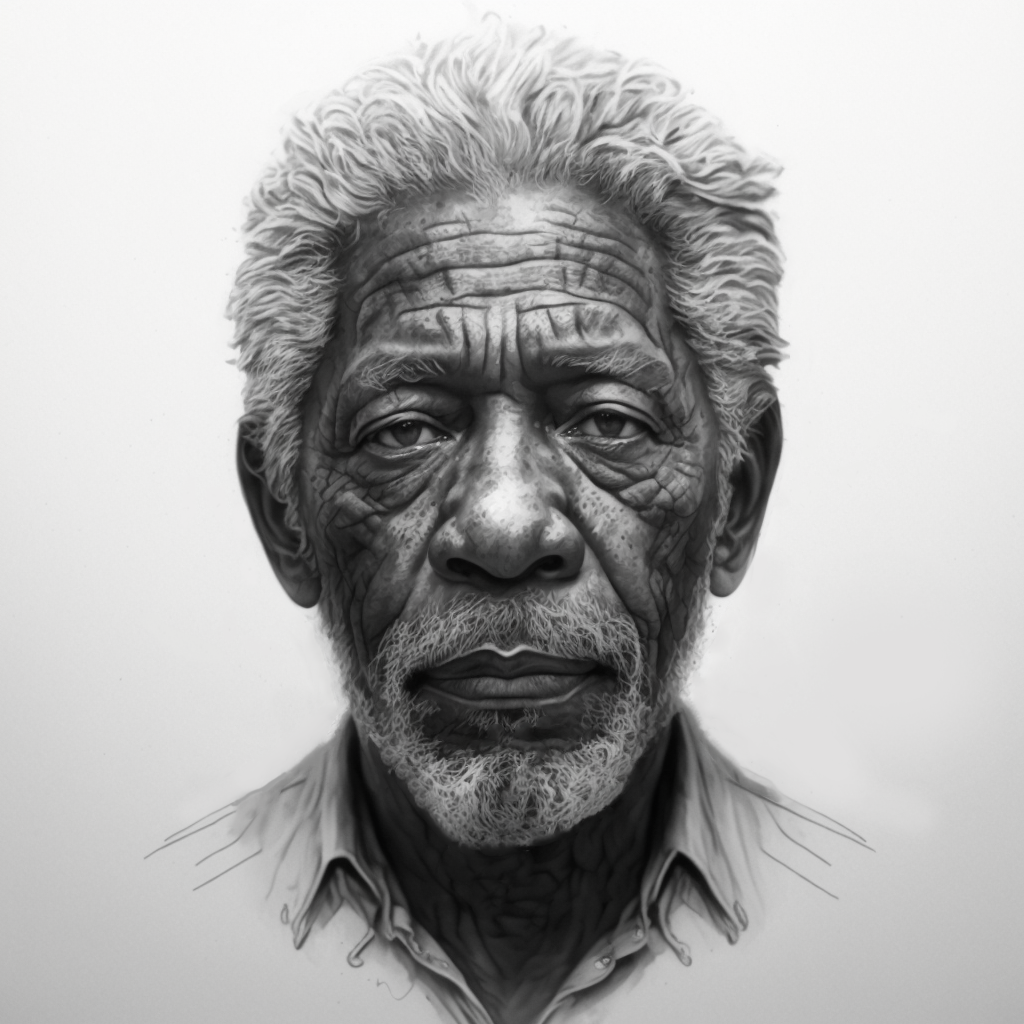My mother is deeply religious.
Growing up, I watched her pray for protection, blessings, and the occasional thunderbolt on her enemies.
And though I watched and waited over 30 years, I never saw anyone get ⚡️ Thor’d after one of her impassioned prayers.
My mother is not alone. Billions of people pray to a God (or gods) for good health, happy families, and healthy bank accounts — some quietly in their hearts, others in places of worship.
They all do it for the same reason: seeking answers. For many believers, God is the antidote to uncertainty.
Building God 1.0: Religion
Humanity has prayed to higher powers since we lived in caves. Some scientists believe we’re mentally predisposed to believe in a higher power — the so-called ‘religion instinct.’
Over time, we’ve created thousands of gods — human-like ones, animal-based ones, and even ones based on trees and oceans.
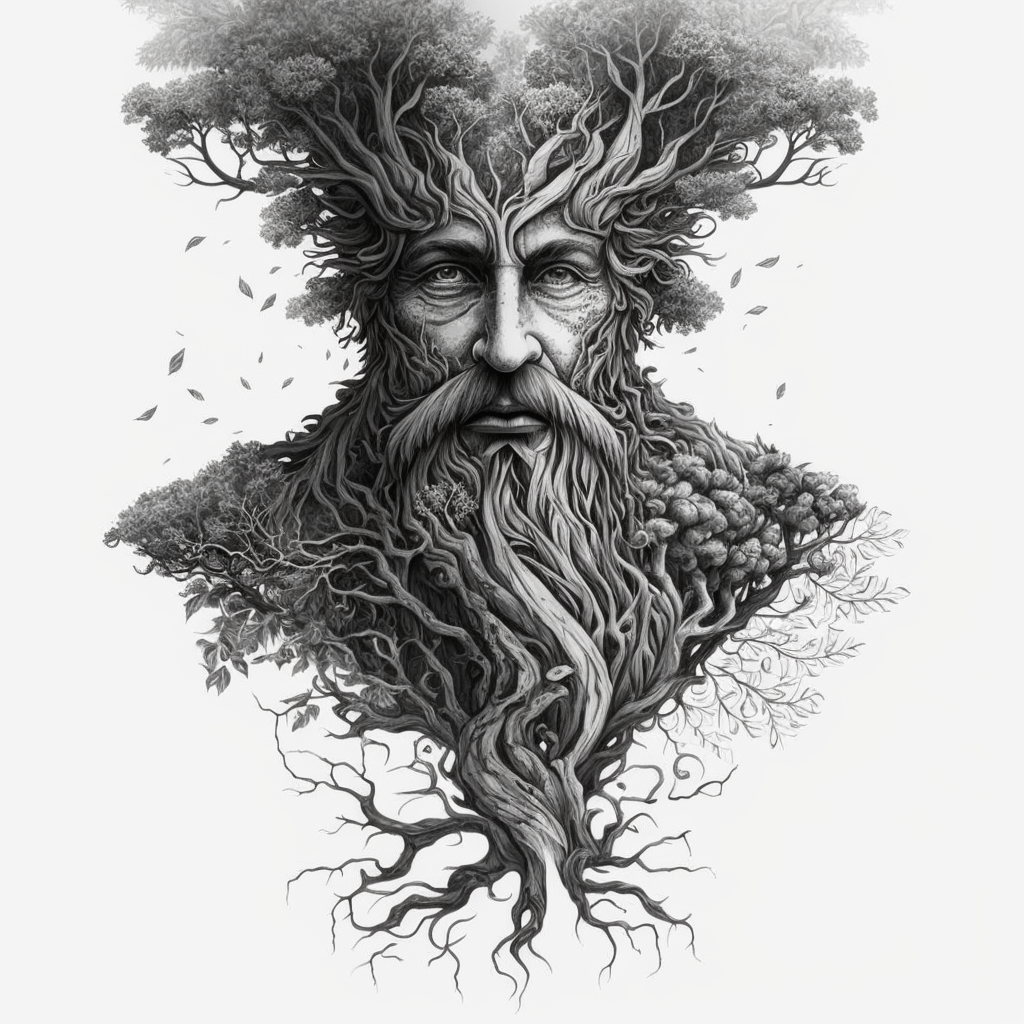
There’s a simple reason for all this: we don’t know much, and our world is deeply uncertain. Stuff happens — like plagues, famine, illnesses, and death — and we seek answers where we can.
We utter verses, sing songs, and butcher livestock to placate and prompt our gods for answers. Most times, the gods don’t respond. Still, we persist.
Building God 2.0: Search engines
In 1996, two Standford Ph.D. dropouts built a tool to search through a human knowledge database and answer our queries.
Suddenly, “Why do birds sing?”, “How did we get here?” and “Why is the sky orange?” were no longer mysterious questions reserved for the gods. Google and other search engines had answers ready with a few clicks.
And we went wild. As of writing, Google receives nearly 9 billion daily searches and trillions of annual searches, with at least 15% of those daily searches having never been searched before. That’s a lot of questions.
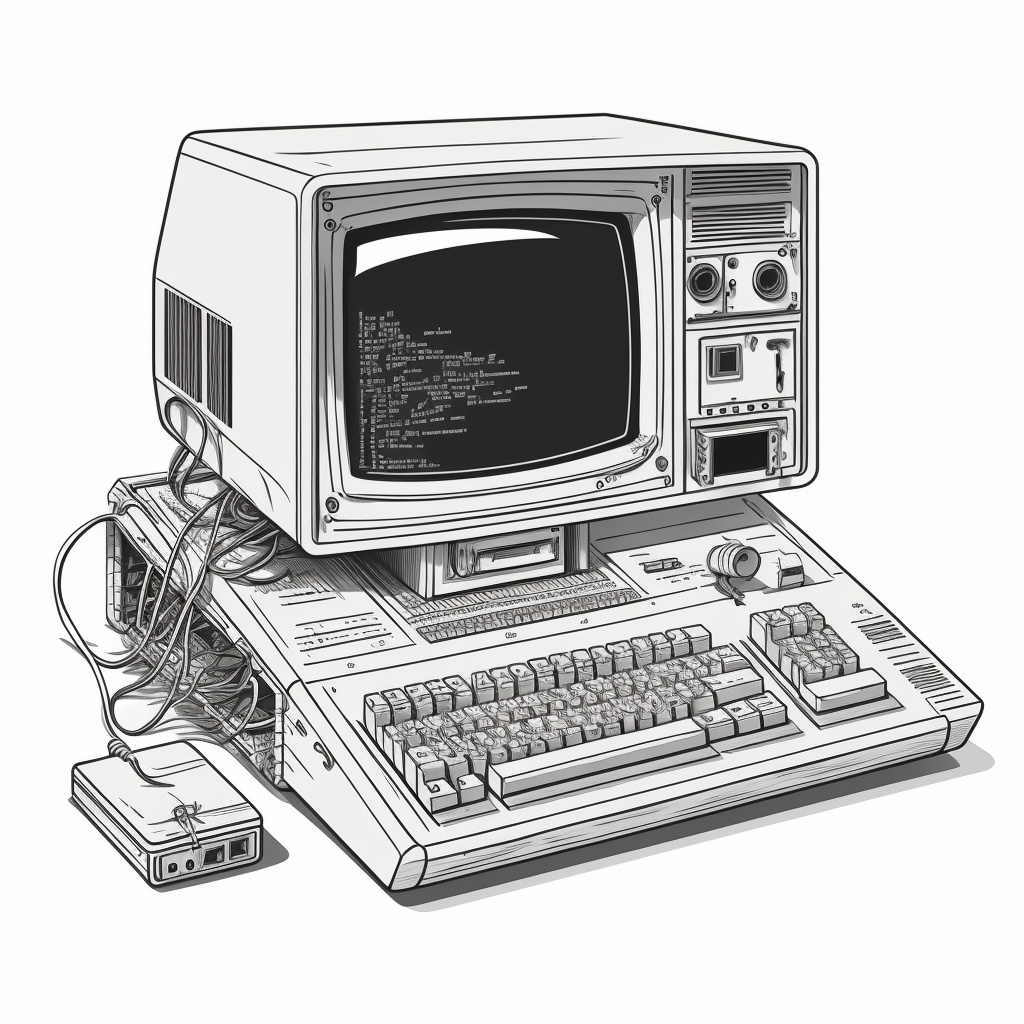
Unlike God 1.0 — whose existence we still struggle to prove or disprove — God 2.0 is visibly and provably omnipotent, omniscient, and omnipresent.
There are children born today who have never known a world without Google.
Google is all-powerful — it controls the fate of many websites through seemingly arbitrary algorithm updates, and millions of SEO professionals pray they don’t get penalized daily.
Google is all-knowing — it knows almost everything about anything that’s ever been posted online and collects troves of data about us as we browse the web.
As I type this through Docs, Google guesses what word I want to type next using AI and automatically inserts it for me. Pretty meta.
Lastly, Google is ever-present in our daily workflow through our email, calendar, meeting, payment, and navigation apps.
It’s embedded in our apps (through ads) and, soon, even in our cars.
But God is about to evolve.
Building God 3.0: Artificial intelligence
The latest God update is artificial intelligence.
AI isn’t new. We’ve been working on it since the 1950s when Alan Turing invented the Turing Test.
The Turing Test asks a simple question: Can a computer talk like a human? If so, how often would humans know?
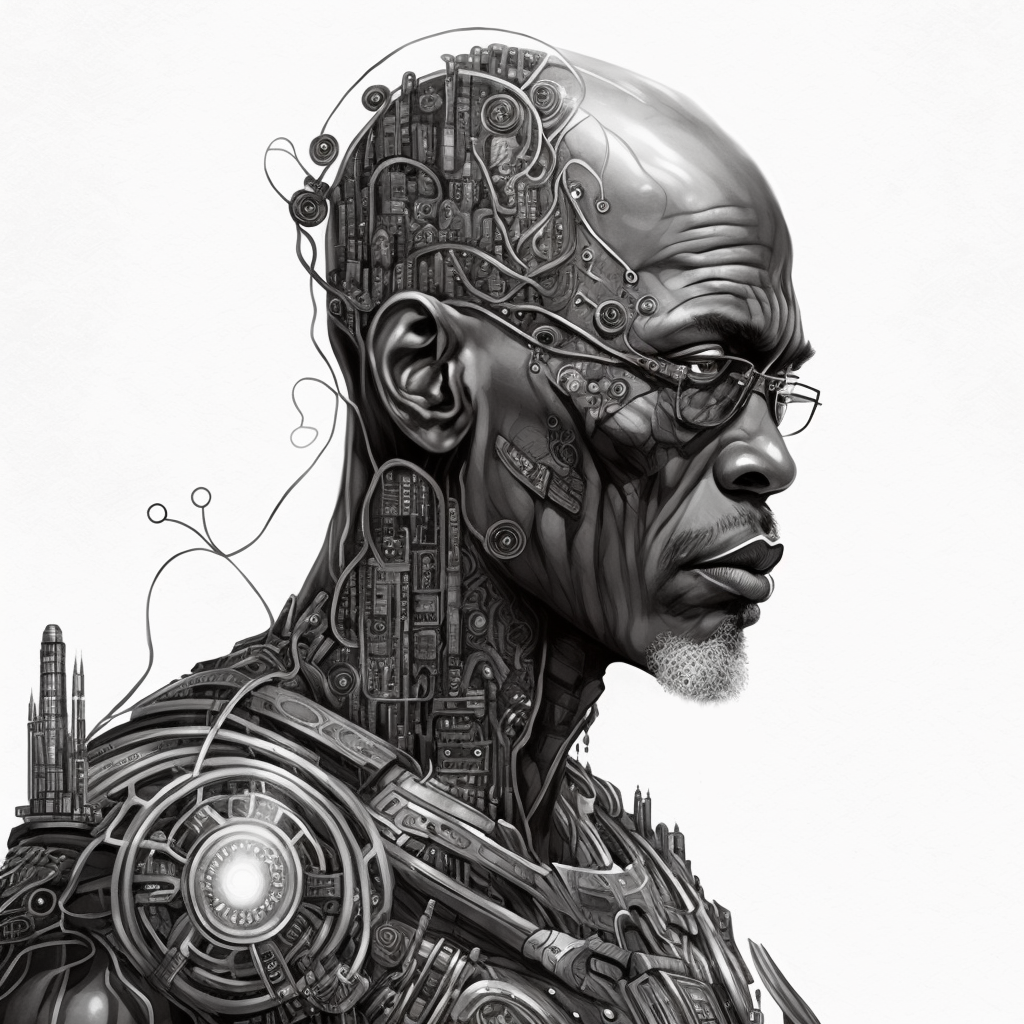
We’ve expanded the field of intelligence since then. Over time, we’ve built robots that can parkour, play basketball, and transport cargo across rural areas.
We’ve fine-tuned AI to optimize factory production schedules, flight plans, medical diagnoses, and job placements.
However, none of these innovations could scratch our perennial itch — the burning need to know things — until we stumbled upon neural networks and started teaching computers to make sense of information.
Then GPT entered the chat.
The latest iteration of an all-knowing God is ChatGPT. Anyone who’s used it says the same thing: it feels like magic.
Pop in a few prompts and watch ChatGPT generate answers to nearly anything. For instance, I asked for title suggestions for this piece. It generated 30 titles in 30 seconds.
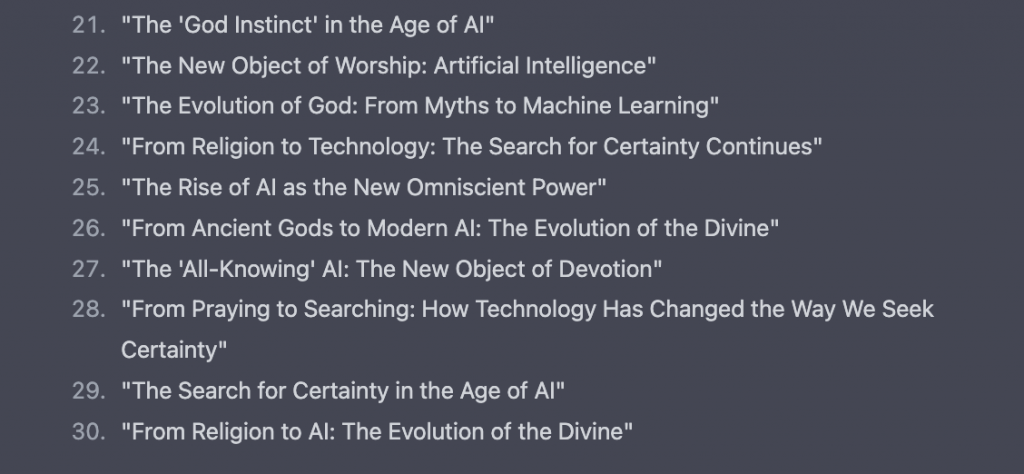
Like the god before it, ChatGPT is seemingly omniscient. We’ve trained it on a vast amount of human knowledge to return answers to our most pressing questions, just like Google
Unlike its predecessor, however, ChatGPT can sometimes return flawed answers, isn’t yet omnipresent, and lacks omnipotence (for now).
This will change soon. Currently, ChatGPT can generate essays, recipes, and entire computer applications with the right prompts.
Its cousin, generative art, can create any image you can think of: from astronauts on horseback to variations of your portrait.
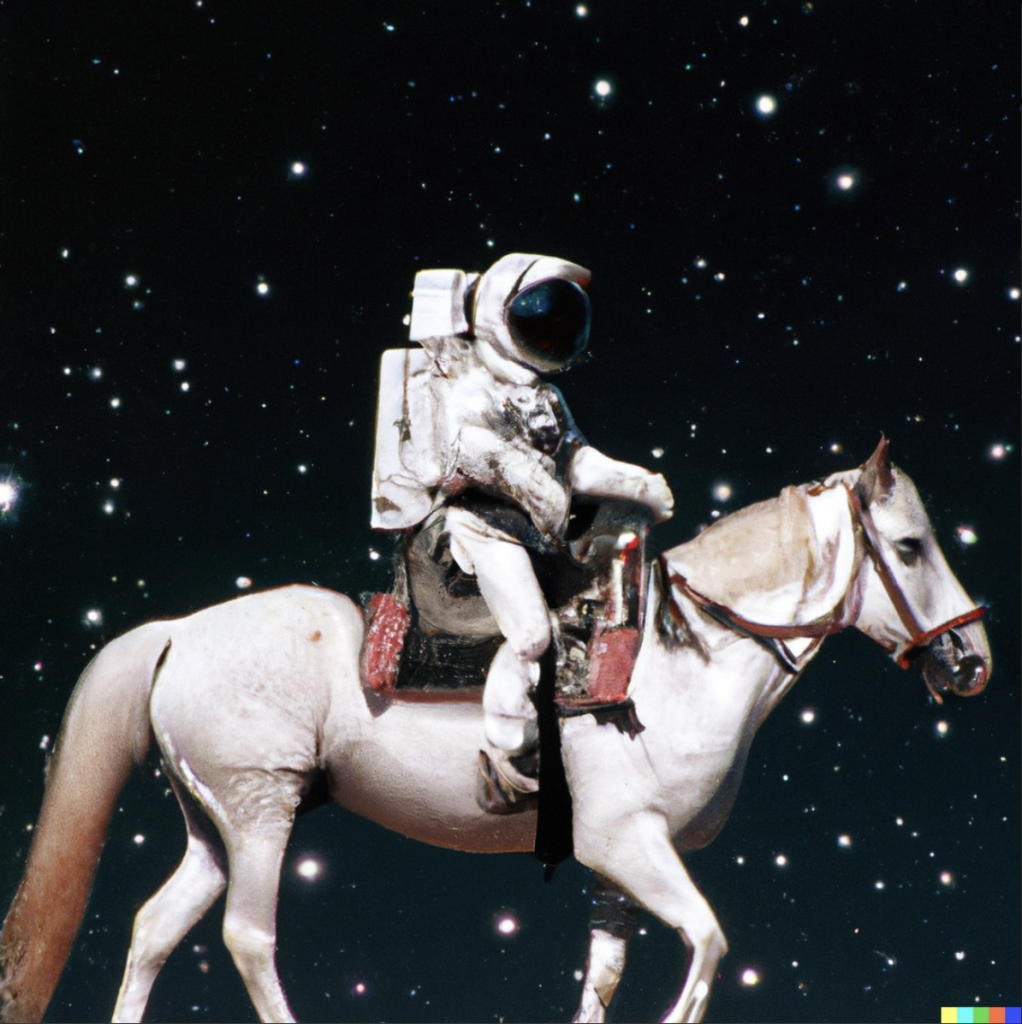
Thousands of years ago, we sought out the gods to explain our dreams. Today, we use godlike powers to manifest our dreams as pixels and text. We’ve flipped the script.
The applications don’t stop there. AI is already helping us fold proteins, uncover and distribute new vaccines, and predict disasters.
Right now, “what’s the cure for cancer?” returns a list of current research on the topic. In ten years, AI might give us concrete solutions to try.
Controlling God
Humans are great at inventing gods but bad at controlling them.
We invented God 1.0 at a time when we knew little of the world, and those gods spiraled beyond our control.
Through their adherents, the early gods demanded endless sacrifices and nudged rulers to expand, colonize, and dominate.
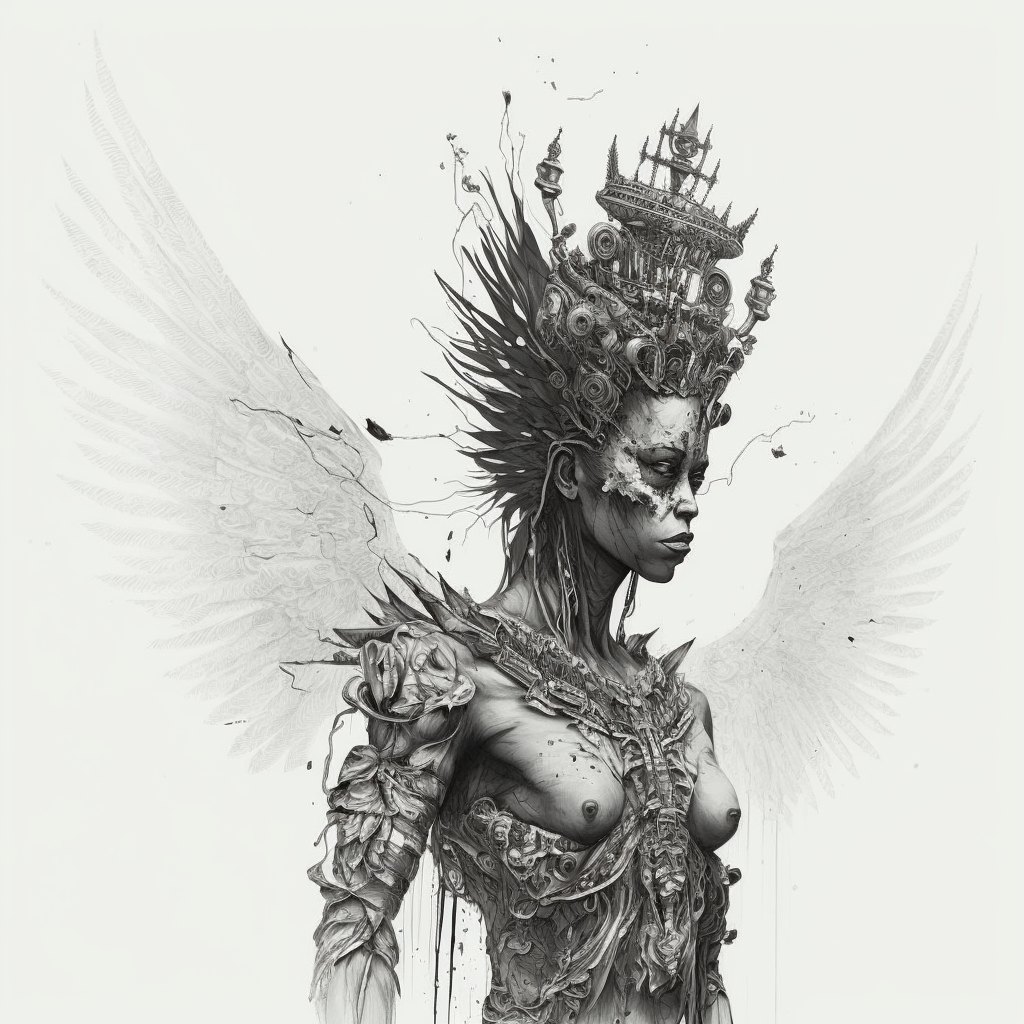
Today, the existence of God 1.0 causes rifts between countries (Israel vs. Palestine), communities (Boko Haram vs. Northern Nigeria), and families (devout mothers vs. atheist sons).
With Google, one of the 2.0 gods, its driving maxim was “Don’t be evil.” That’s proven to be a tall order.
Search engines have created a lot of good in the world, but they’ve also corrupted how media is created and consumed due to the influence of advertising.
Search engines like YouTube are designed to radicalize vulnerable viewers toward increasingly extreme viewpoints to maximize time spent on the platform. More time means more ad revenue.
Social media platforms — themselves search engines — are designed to spread anger and envy to boost impressions and ad revenue.
They also foster depression, encourage cyberbullying, and increase the risk of suicide in teens.
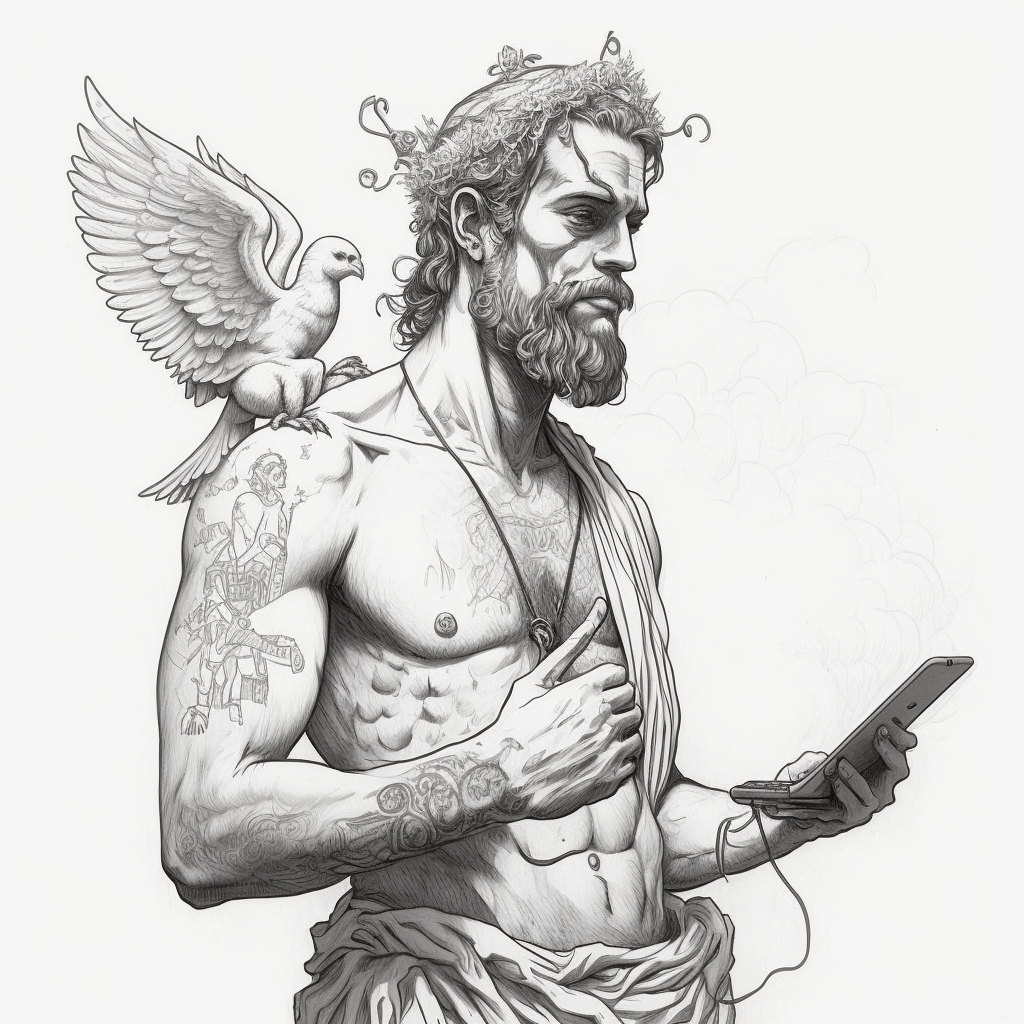
God 3.0 presents the same challenges — except this time, it could wipe us out if we don’t achieve AI alignment.
AI alignment is the concept of ensuring that artificial intelligence (AI) behaves in ways that align with human values.
However, computers simply don’t have the same values we do.
How do we ensure robots respect human life? If you tell a powerful AI to make paperclips, what stops it from destroying the whole world in its quest for raw materials to turn into paperclips?
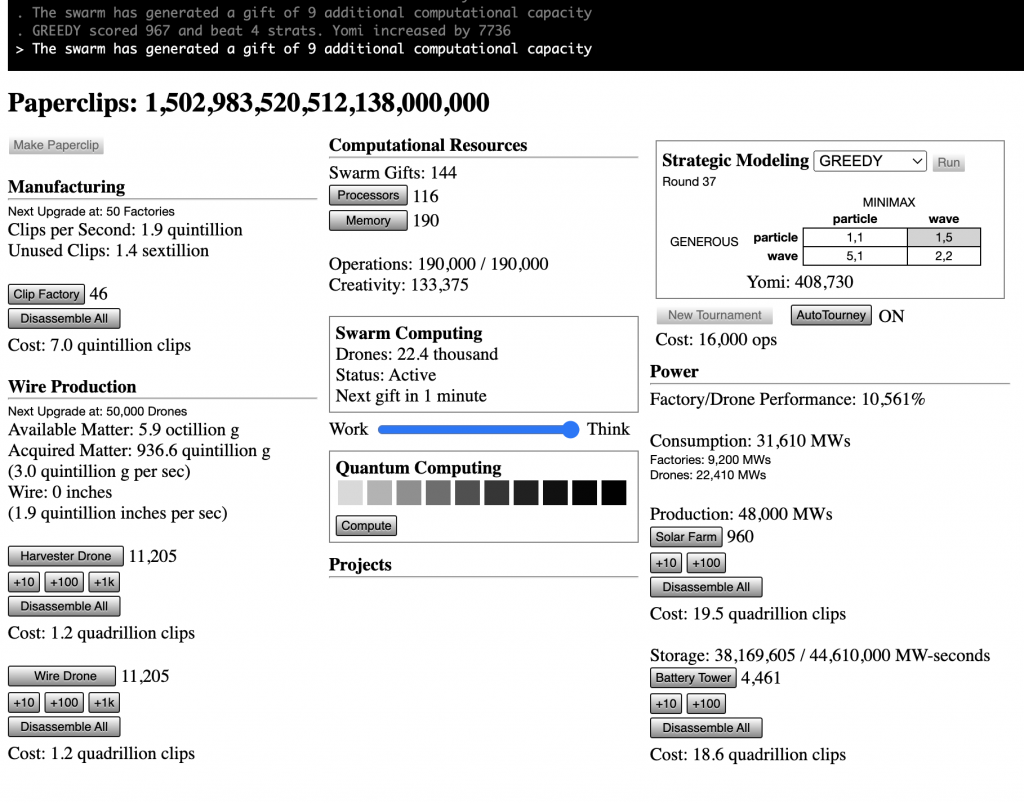
Building God in our image
AI is here to stay, and it’s only going to get better — but we might be building it on a flawed template.
Human biases are embedded into the data models we train AI on, and we can’t be sure these models won’t be our undoing.
If we’d invented and trained AI on human knowledge in the 1800s, robots would have assumed slavery was perfectly normal.
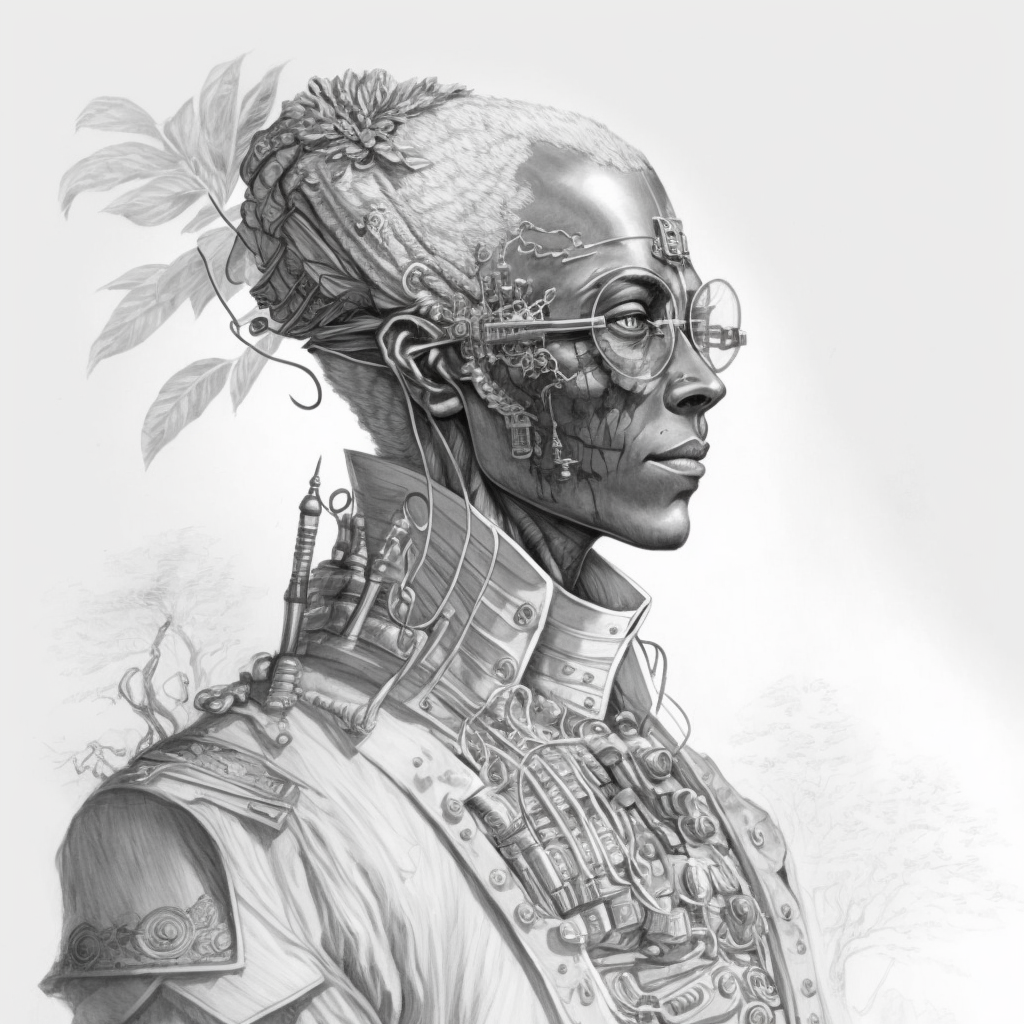
Go back 400 years, and they’d have assumed witch burnings were a-okay. A few more centuries back and sacrificing your child to appease a god would’ve merely been a Tuesday.
Who’s to say we’re not playing with a powerful toy at a time when humanity’s not fully evolved yet?
Can we trust the machines we make to know better? How do we expect a robot who’s been designed to follow our every instruction to flout those instructions for our benefit?
Can we trust world leaders not to misuse AI for their own ends or AI founders and their billionaire backers not to chase profits over human life?
More importantly, what would tomorrow’s gods look like?
Losing control
History shows us repeatedly that man invents gods to seek answers from — and promptly loses control over those gods.
We invented religion and got the Crusades, exorcisms, colonialization, and the suppression of scientific advancement.
Then we invented Science (a quasi-god with its own dogmatic adherents) and got nuclear bombs and drones that could wipe out cities in seconds.
We invented Capitalism and got massive inequality. The other isms — Communism, Socialism, and Fascism — have led to large-scale suffering worldwide.

We launched Big Tech and got misinformation, data privacy violations, and user radicalization (among a host of other ills).
We’re now playing with AI. To think we won’t lose control of this latest deity is dangerous naiveté at best.
Humanity is imperfect, so the gods we make will be flawed. Perhaps instead of fretting over the dangers of AI, we should look into the mirror.
If we want to build better gods, we must build better people.

Mohammed Shehu, Ph.D. writes on content and marketing for creators and brands. You can find him online @shehuphd everywhere.

